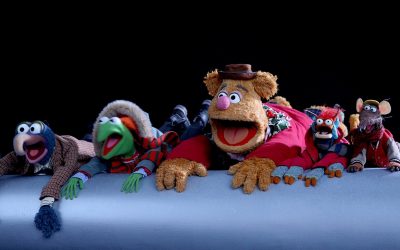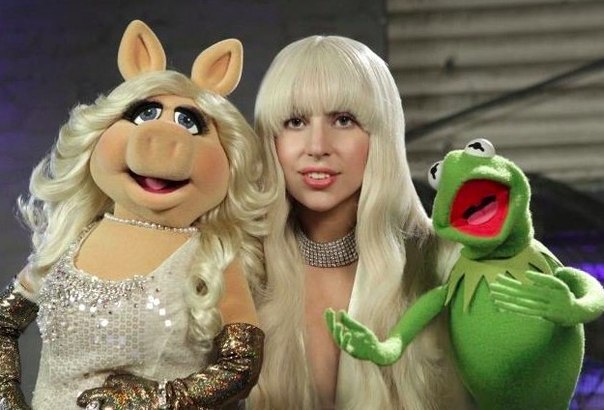
On Monday, ABC took viewers behind the scenes and into the heart of Sesame Street with the new special, “Sesame Street: 50 Years of Sunny Days.” Now before I get into the review proper, I want to get the most important thing out of the way:
Sesame Street is 51. It has been since November 10th. That’s how birthdays work. But I guess “Sesame Street: 50 Years of Sunny Days (and Then Another One on Top of That)” or “Sesame Street: Oops, We Missed the Fiftieth, But Here’s a Pretty Cool Documentary, Anyways” aren’t very catchy, so I guess I’ll give them a pass. (Plus, the show doesn’t look a day over 49.) Now that I’ve said my piece about that, let’s move on.
I don’t think it should come as a surprise to loyal ToughPigs readers that Sesame Street has always reflected the world around it. It’s been part of the show’s DNA since the very beginning. Heck, the decision to set the show on an inner-city street, with people of different races and ages, is a part of that. And as the world has evolved in the last half-century, with new challenges constantly emerging, the show has always been there to meet them. And in a rapidly changing society that’s slowly coming out of a global pandemic and coming to a long-overdue reckoning about race and how we treat each other, Sesame Street remains at the forefront of how children understand that world. Rather than being just a pleasant journey through Sesame Street’s greatest hits, it’s that examination that’s what the core of the special is about, and it’s a choice that I think makes it a unique and worthwhile entry in the lineup of documentaries about the show.
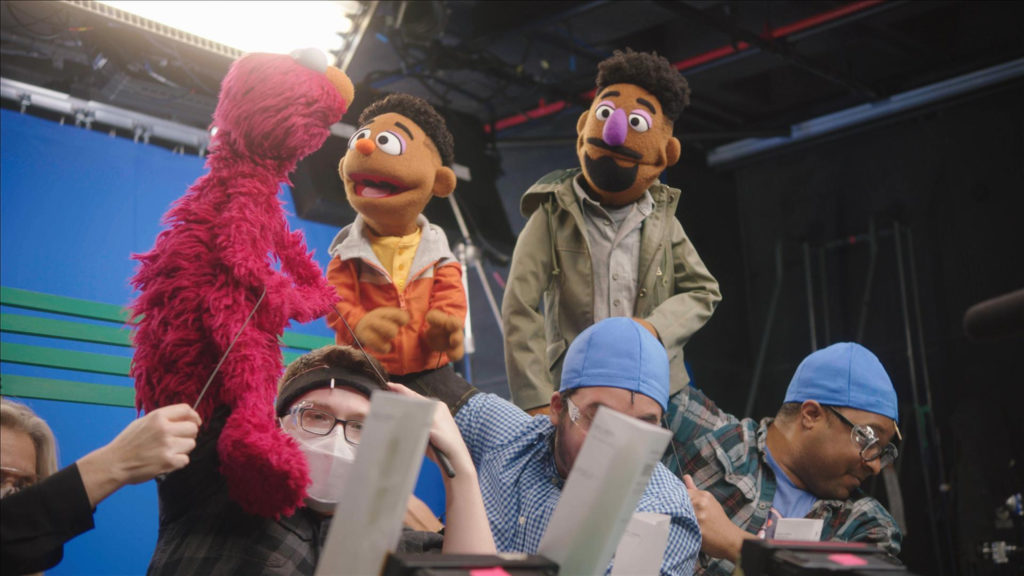
While there are some retrospective elements to it, this isn’t a stroll down memory lane. If you want to know how the show was born, or how Caroll Spinney found the voice for Oscar the Grouch thanks to a cab driver, there are other very good options that show that. Heck, one is in theaters right now! Instead, “50 Years of Sunny Days” is focused on the here and now. Much attention goes to the creation of Wes and Elijah, two new Muppets introduced earlier this year in response to the Black Lives Matter movement, with two more characters, including Naomi, Elijah’s wife and Wes’ mom, on the way. And we even see how Sesame Street has handled COVID-19 through their vast array of projects. We also see how a new video starring Rosita, where she’s reluctant to speak Spanish due to someone telling her she should only speak English, affects her puppeteer, Carmen Osbahr. It’s clear that these are issues that affect Sesame Workshop from within as well as from the outside, and come from a very personal place, like Christopher Jackson’s story of how he wrote “I Love My Hair” after Joey Mazzarino told him about how he went to a beauty salon to learn how to braid his African-American daughter’s hair. It’s what makes Sesame Street the cultural force that it continues to be after all this time.
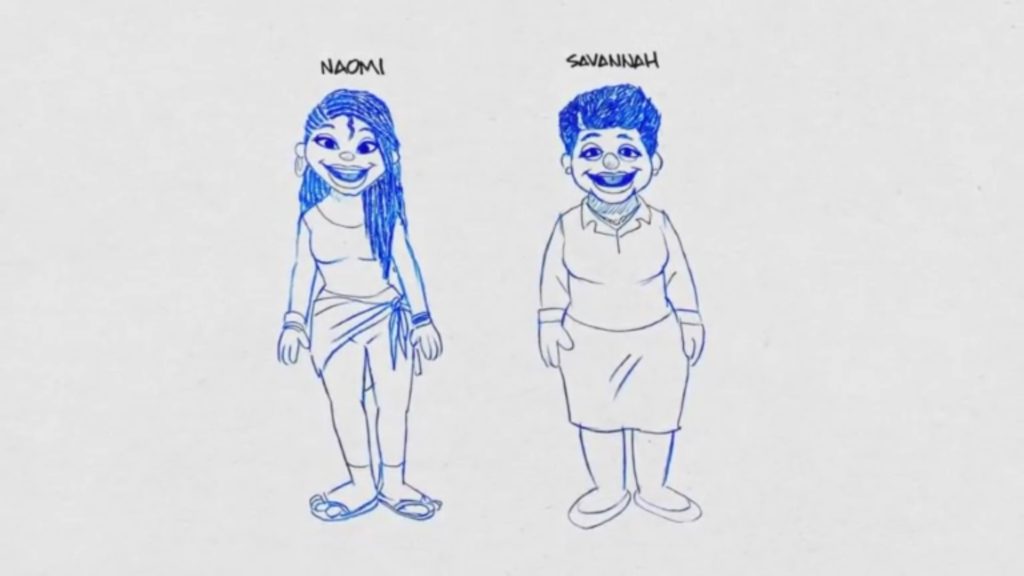
Another refreshing element about the special is that it isn’t afraid to discuss Sesame Workshop’s missteps and controversies as well. We get to see very rarely-seen footage of the famed “Snuffy’s Parents Get a Divorce” episode which was shelved after it tested poorly with children for the first time it’s been broadcast to the public outside of a Museum of the Moving Image screening in 2019. I was personally surprised to see former writer Mark Saltzman’s comments on Bert and Ernie’s relationship come up. For those who need a refresher, the openly gay Saltzman said that when he wrote material for the characters, he wrote them as gay, inspired by his relationship with his own partner at the time. This became a big story, with many taking Saltzman’s words as confirmation that the pair were a romantic couple, and Sesame responded saying that they “don’t have a sexual orientation.” In the special, several Sesame executives express remorse over the statement, feeling that it was a form of LGBTQ+ erasure. Never, in all my life as a Muppet fan, did I expect a response like that, especially nearly three years after the fact. But that shows just how the show continues to grow as new perspectives are added. Today, divorce is discussed thanks to Abby Cadabby and her stepbrother Rudy. Julia shows how people with autism can still be welcomed as friends and community members. And if Sesame Workshop knows they need open LGBTQ+ representation on the show, I’d be willing to bet they’re going to be working on rectifying that.
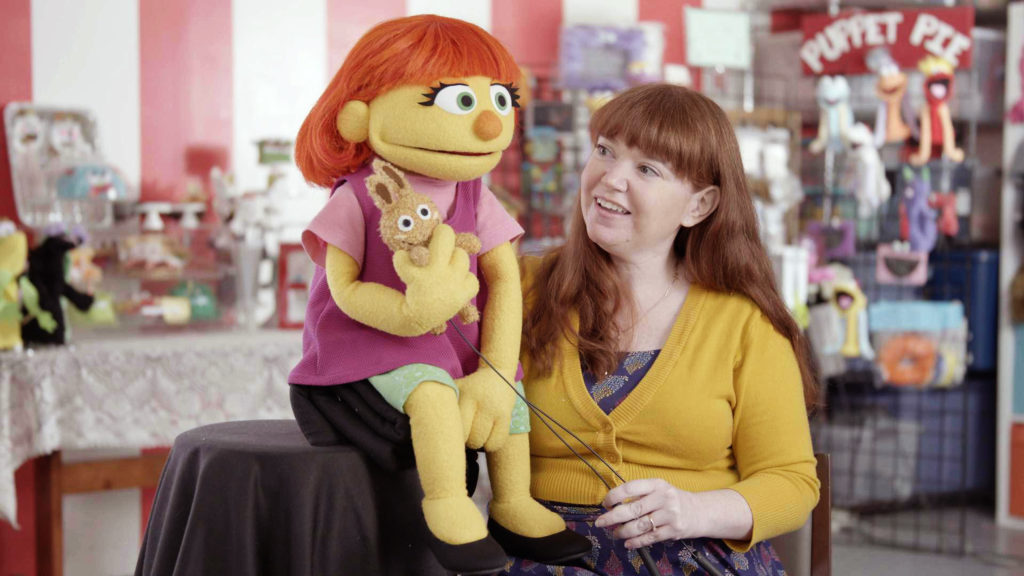
While I haven’t seen the Street Gang movie yet, I do know that it tells the story of the show’s early years. This acts as a perfect counterpoint, picking up where that story leaves off and showing how the show has moved with the times and continues to be a dynamic cornerstone in children’s early education and entertainment. I suppose the only real issue I have with it was in the marketing. While the advertising made it seem like a fun look back for families replete with celebrity interviews about how much Sesame Street has meant for them (which, to be fair, there are plenty of in the special), this a more academic look designed for grownups. It’s one that’s probably best watched without the kids, and thankfully, there are other family-friendly options that were produced for the actual 50th anniversary that are easy to find. This is an open examination of the show’s legacy that should be appreciated by those who love the show and respect its mission of making the world stronger, smarter and kinder. Not that I’m biased or anything.
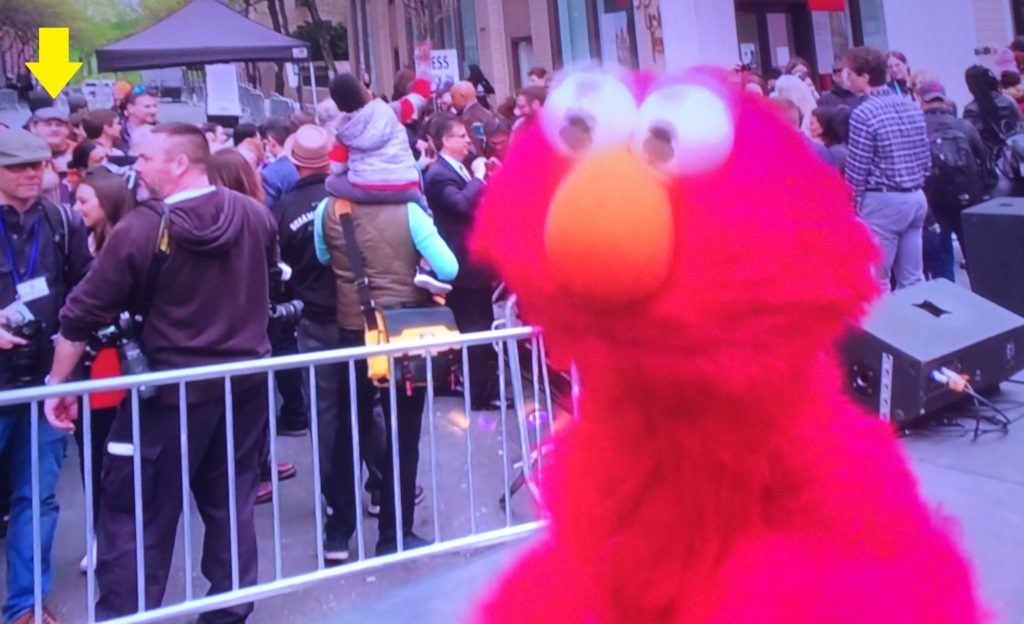
“Sesame Street: 50 Years of Sunny Days” is now available to stream on Hulu and the ABC app.
Click here to celebrate fifty-ONE years on the ToughPigs forum!
by Matthew Soberman

